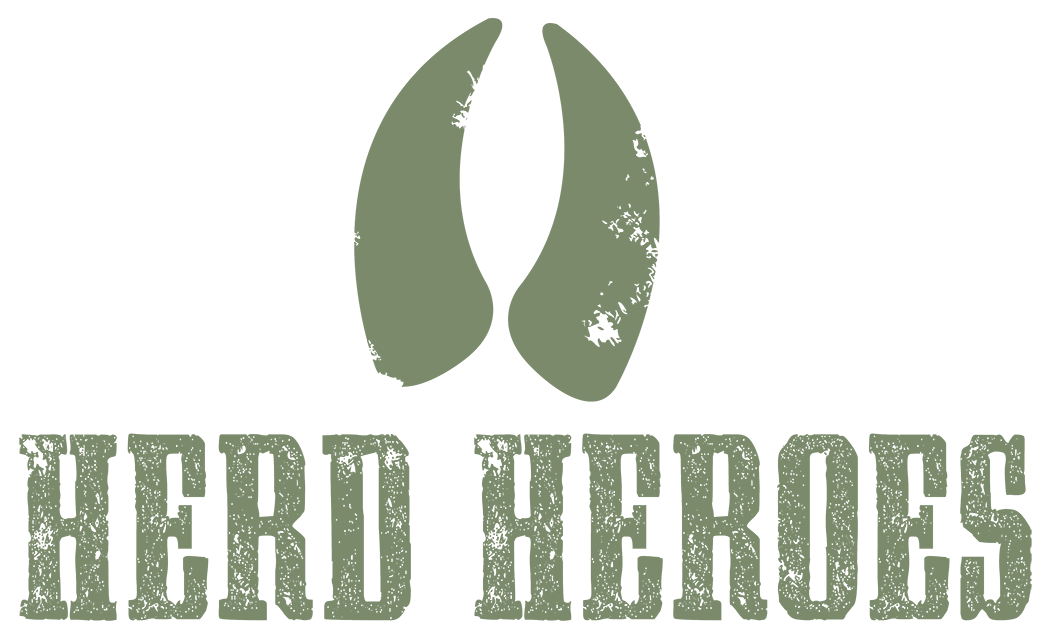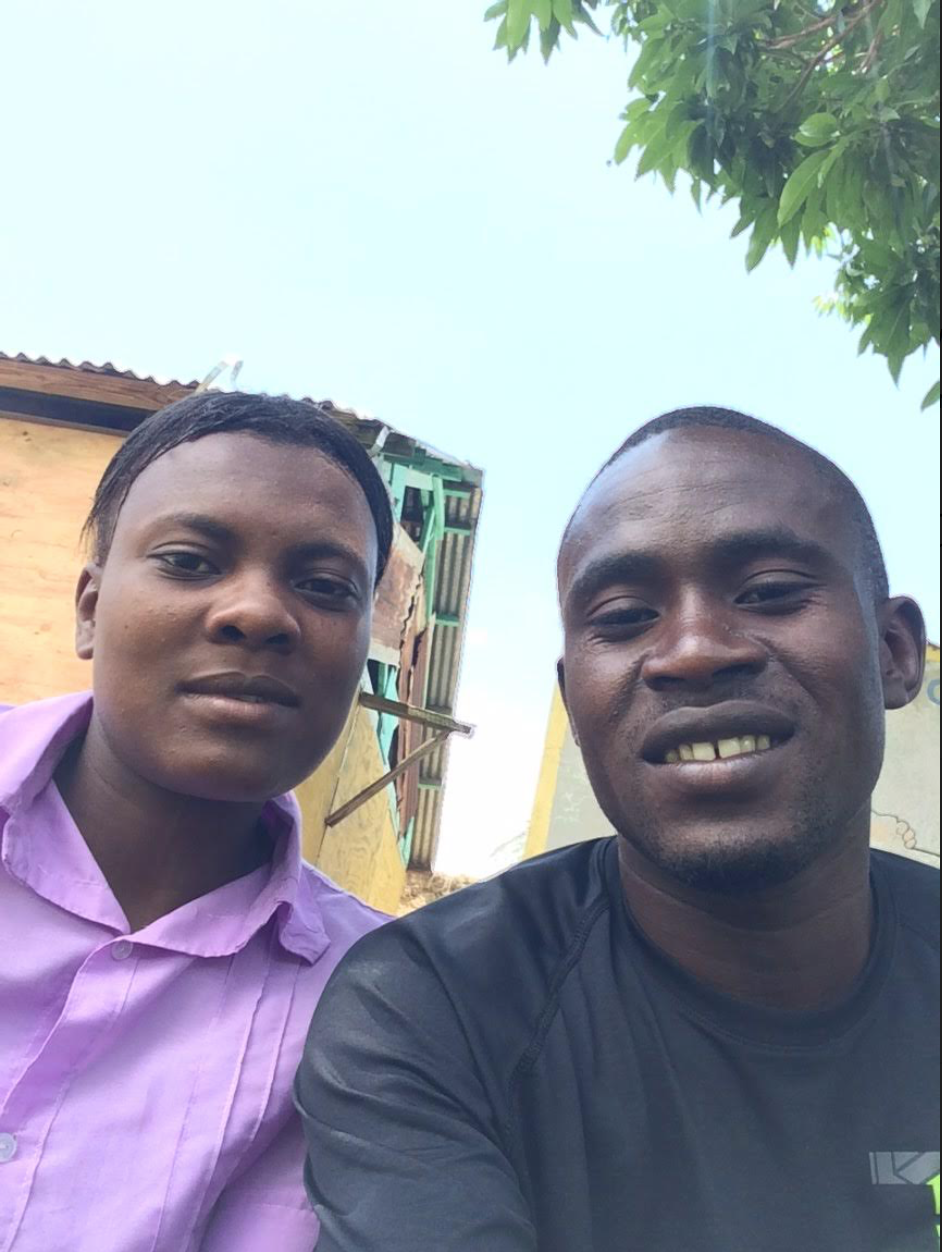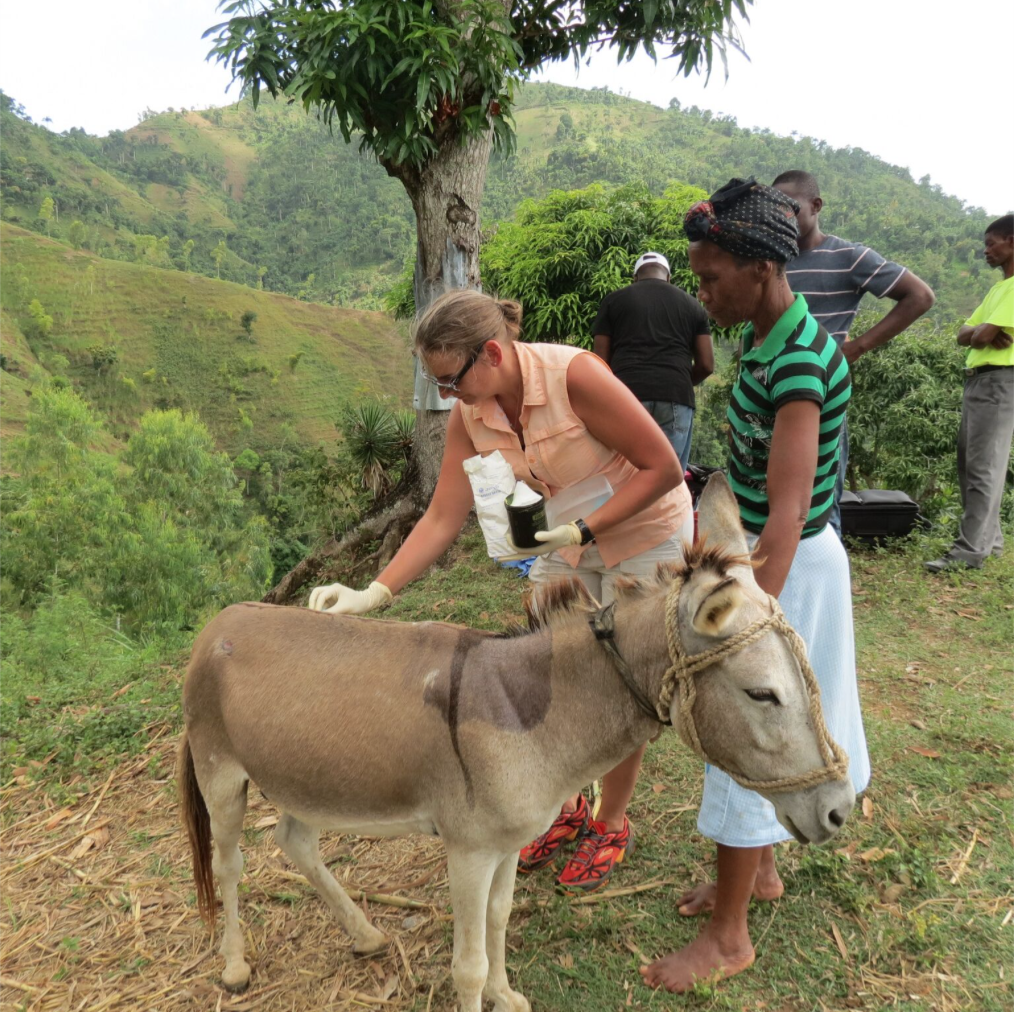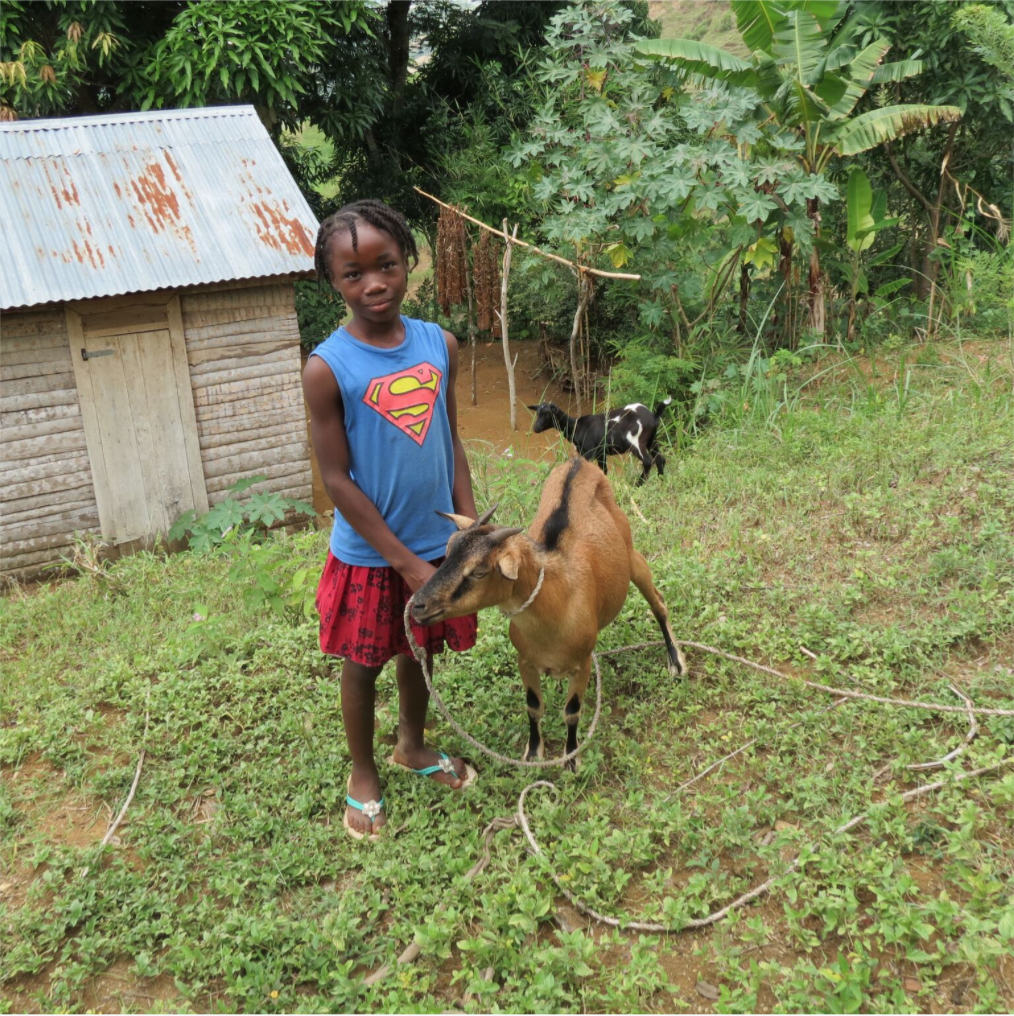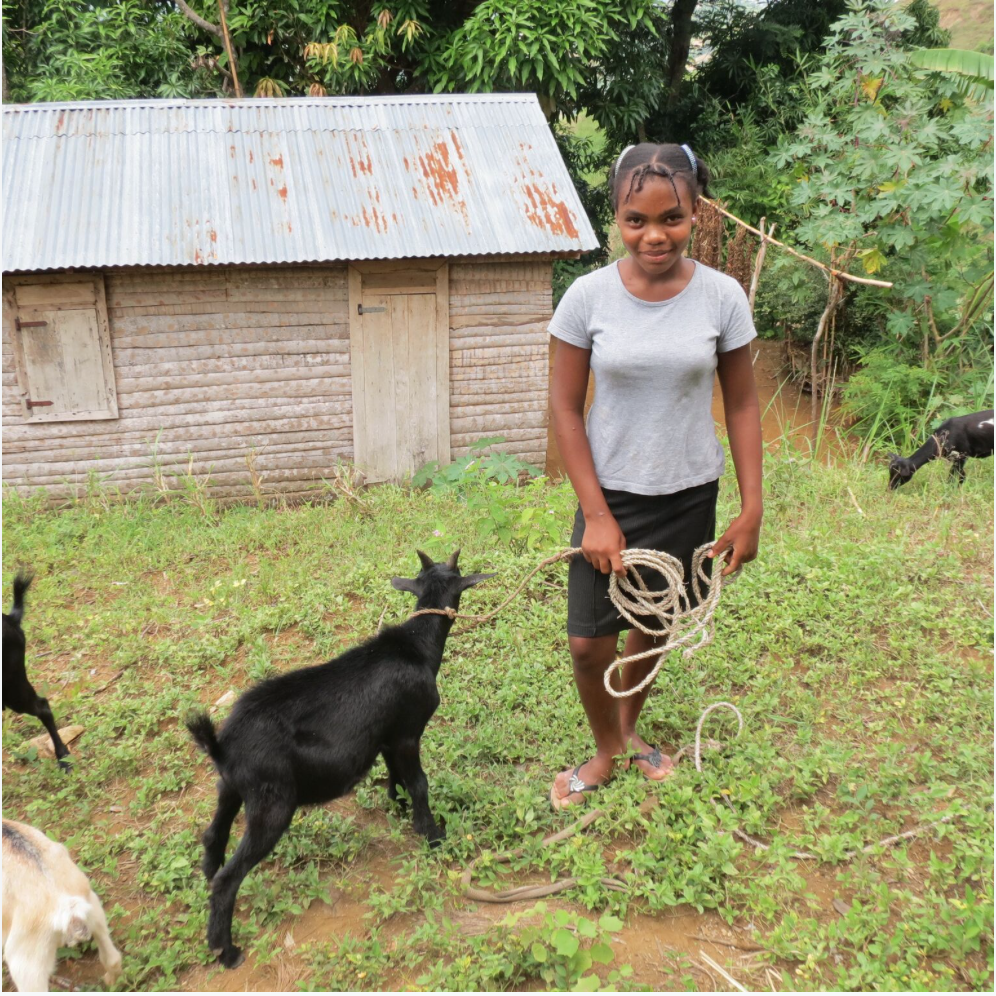Written by Rebecca Di Tucci
According to the 2010 census, approximately 51% of the entire global population is female, yet women make up about 70% of the world’s poor. With population rising in developing nations, we need to look at how we can better empower women in rural agricultural enterprises. Women make up about 43% of the worlds agricultural labor force which includes more than just caring for livestock. Their daily duties also comprise of “producing agricultural crops, tending animals, processing and preparing food, working for wages in agricultural or other rural enterprises, collecting fuel and water, engaging in trade and marketing, caring for family members and maintaining their homes”. Investing in women in underdeveloped nations is crucial to the world economy as women make up approximately 40% of the world’s entire work force. Women’s empowerment and financial security translate directly to an improved living standard for many families in underdeveloped nations and that’s why Herd Heroes wants to invest in women in Haiti.
As a country focused on rebuilding itself, Haiti needs to focus on empowering women to finish school and seek jobs. L’Azile, being a small rural city in Haiti, has very little opportunity for high paying jobs. Men often leave the community where jobs are scarce, or even the country, to find work to provide for their family. Women are often left to take over the agricultural work in the community and take care of their family. Because of this, Herd Heroes plans to hire one women from L’Azile and train her to be a community animal health worker who will help the community improve the health and welfare of their livestock. This will provide a professional level job for a woman in L’Azile and also service the community. Our goal is to have this new hire become a role model for other women in the community who will in turn become successful livestock producers.
It’s important to support women in the agricultural field, especially those from rural countries as they could drastically impact the food production level in developing nations. According to UN Women, “If women farmers had the same access to land, human capital and livestock as men, total agricultural output could increase by an estimated average of 4%”. With increased production, families would have more to eat, and would have to purchase less, ultimately stretching their wages. For a country that is still under reconstruction from its onslaught of natural disasters, it’s important for community members to come together to rebuild the economy through industries that inhabitants have already familiarized themselves with. It’s especially important to empower women to get an education and take on larger roles within the industry.
There is a strong positive correlation between women’s continued education and a decrease of infant mortality rate. In fact, for every year that a woman continues education, the child mortality rate decreases by 9.5%.According to a study by Institute for Health Metrics and Evaluation at the University of Washington, educating women on prenatal care, basic hygiene, nutrition and immunization greatly assists in a lower infant mortality rate in developing nations. It has become evident that as women become more educated, they have less children. Intrinsically, the chance of survival for those children increase drastically as there are more resources allocated to fewer children. Having fewer children also allows women to focus on their career, which in the agricultural industry, result in an increased standard of living for farmers and an increased supply of healthy food for the general population.
In order to promote women’s empowerment, Herd Heroes is partnering with Veterinarians International to provide work for a woman in Haiti which will promote future expansion of women in leadership. Veterinarians International’smission is “to enhance the health of humans, animals, and the environment through the use of sound veterinary care and expertise”. Much like Herd Heroes, Veterinarians International works to advance human health through livestock care and agricultural development. We hope that through this collaboration, both Herd Heroes and Veterinarians International can work on empowering women in developing nations, and better the agricultural community in L’Azile, Haiti.
Shown in phpto: Watson Drouillard of Herd Heroes, and our top candidate for the community animal health worker position, Anese Francois.
